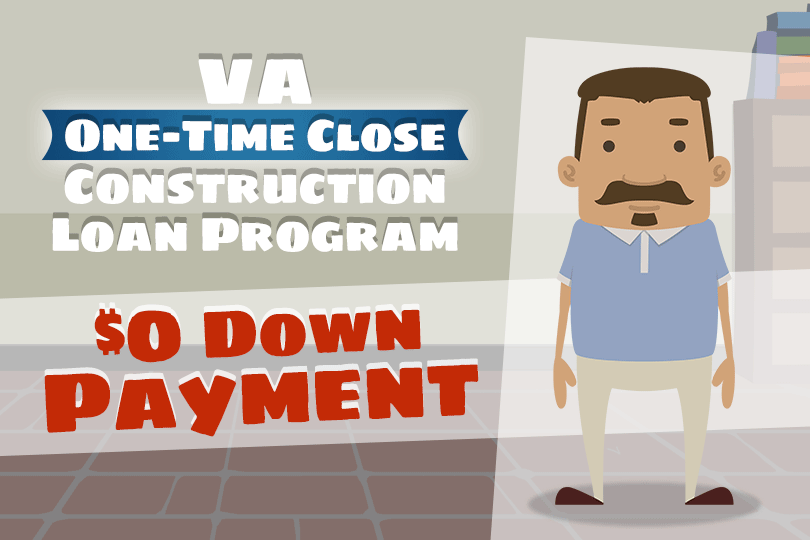How One-Time Construction Loan Funding Works
April 12, 2022
These are important details to know going into the planning stages of your mortgage. Why? Because some borrowers make plans for their loans based on certain assumptions. If you assume the wrong things you could be due for a major rethink of your mortgage.
One such assumption has a lot to do with how loan funds are accessed, disbursed, and used for the mortgage. Some borrowers might think they can do more with home loan funds than the rules permit. What’s the reality?
FHA Home Loan Funds Are Meant for Specific Purposes
When you apply for a construction loan, that application is approved for a specific amount based on the cost of building the home, plus any other permitted items to be added into the loan. For construction loans that means funds are placed in escrow and when a contractor needs to be paid, there is a draw from escrow.
Draws from escrow are not unrestricted--the borrower typically won’t have personal access to these funds.
And borrowers who may want to act as their own contractor should know that participating FHA lenders typically don’t permit this, even though FHA loan rules may allow it. Borrowers simply don’t have access to these loan funds in any way except for their intended purpose, which is to pay third-party contractors for labor, permits, and materials.
What You Cannot Do With Mortgage Money
The borrower cannot use home loan funds for unapproved purposes. That includes situations where the borrower hopes to apply for more loan than is needed for the construction project and take the remainder in cash. But the only money you can be paid at closing time is typically for items paid in cash upfront and later included in the loan amount. A refund would be due in such cases.
Under-Budget One-Time Close Construction Loans
What happens if the construction project comes in under budget? The same rules mentioned above will apply. Borrowers do not get unrestricted cash back.
The type of home loan you can get under the FHA program that features cash at closing time is an FHA Cash-Out Refinance, and borrowers who are aged 62 or older may qualify for an FHA Reverse Mortgage. That type of loan also features cash at closing time in typical cases.
------------------------------
RELATED VIDEOS:
What You Need to Know About the Appraisal Fee
The Appraisal is an Important Requirement
Build Your Dream Home With a One-Time Close Loan

FHA Loan Articles
December 10, 2024The FHA announced increased loan limits for 2025, providing those seeking FHA-insured mortgages after January 1st with increased purchasing power. In this article, we explore the key aspects of these limits and their implications for your homeownership goals.
When you are approved for an FHA-insured loan, the FHA guarantees a portion of the loan to the lender, lowering lender risk...
December 9, 2024The Federal Housing Administration (FHA) helps people buy homes, especially those buying for the first time or who might not have perfect credit. In 2025, there is good news for FHA borrowers. FHA home loan limits are going up.
In most places, the FHA loan limit for a single-family home in 2025 is $524,225. This is more than it was in 2024. However, in expensive areas, where houses cost more, the limit can be as high as $1,209,750.
December 5, 2024The Federal Housing Administration (FHA) has some ground rules regarding cash-out refinances. These rules are designed to protect both you and the lender, ensuring you have enough ownership of your home and reducing the risk of foreclosure. How long must you own your home before you can apply for FHA cash-out refinancing?
December 4, 2024When you think about owning a farm, do you dream of vast landscapes and thriving agricultural enterprises? Or are you looking for a quaint farm-style house to live in but not necessarily to start a new farming career?
Borrowers who want to buy a farm residence are in luck with the FHA loan program, which includes options to purchase farm residences.
November 27, 2024If you are new to the home loan process, you may wonder how your loan officer will interpret your application data. How lenient is the lender with issues related to debt, credit utilization, and related factors? We examine some key points, but remember that what follows is not financial advice. Always consult a finance or tax professional for the most current information.







